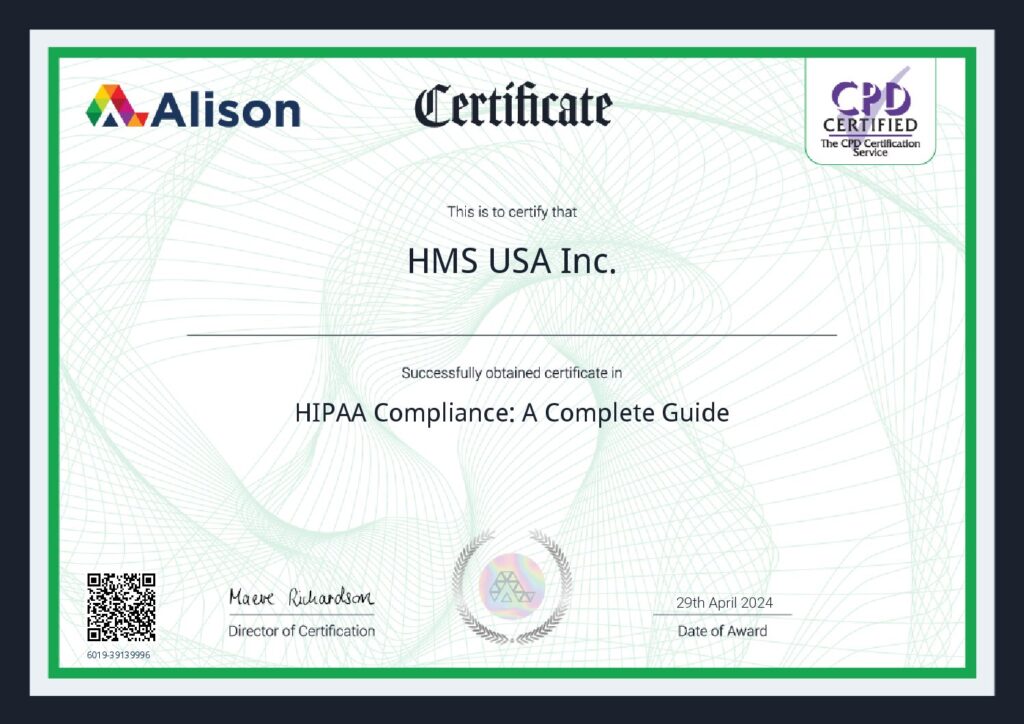Claim denials are draining billions from the U.S. healthcare system, and inaccurate coding is often to blame. For providers, even minor mistakes can result in delayed payments, increased paperwork, and lost revenue. With payers watching more closely than ever, getting coding right isn’t just important, it’s essential.
In this blog, we’ll break down the true cost of coding errors, the most common mistakes, and smart strategies to help you reduce denials and protect your bottom line.
Coding Errors in Medical Billing – A Costly Oversight
Coding errors in healthcare medical billing are more than simple mistakes; they directly impact a healthcare practice’s financial health. According to the MGMA, up to 65% of denied claims are never resubmitted, often due to preventable coding issues. The AMA also reports that up to 7% of claims are denied on first submission, with many linked to coding errors.
Common issues include:
- Outdated or incorrect ICD-10/CPT codes
- Incomplete documentation is causing undercoding or overcoding
- Misuse of modifiers
- Mismatched or inaccurate patient information
These errors lead to claim denials, delayed reimbursements, and disrupted cash flow. Reworking claims takes time and resources, and frequent denials can trigger payer audits or longer payment cycles.
Understanding and addressing these pitfalls enables providers to reduce denials and protect their revenue.
Top Medical Coding Mistakes in Medical Billing That Lead to Denials
Incorrect Use of Modifiers
Modifiers clarify services without changing code definitions, but incorrect use—such as misapplying modifier 25—can lead to denials for duplicate or unnecessary services.
Mismatched CPT and ICD-10 Codes
CPT and ICD-10 codes must align to show medical necessity. Mismatches suggest the service was not justified, often resulting in claim denials.

Upcoding or Undercoding
Upcoding (billing for a higher-level service) risks audits and penalties, while undercoding (omitting services) leads to revenue loss and payer suspicion.
Lack of Specificity in Diagnosis Coding
ICD-10 requires detailed coding. Using vague diagnoses like “abdominal pain” instead of a specific cause can result in denials due to insufficient documentation.
Denial Reason Codes Related to Coding Errors
Payers typically communicate the reasons for claim rejections using standardized denial reason codes in medical billing.
Examples include:
- CO-11 – Diagnosis inconsistent with the procedure.
- CO-16 – Claim/service lacks information or has submission/billing error(s).
- CO-18 – Duplicate claim/service.
- CO-97 – The benefit for this service is included in the payment/allowance for another service.
- CO-B7 – This provider was not certified/eligible to be paid for this procedure/service.
Understanding these denial codes helps billing teams correct and resubmit claims promptly, reducing payment delays.
Root Causes of Medical Billing Errors
Finding out what causes coding errors is important for coming up with long-term fixes. There are a number of systemic medical billing problems that make medical billing errors occur all the time.
1. Human Error and Lack of Training
Coding is a skill-intensive task that requires regular education and hands-on experience. Inadequately trained staff may misinterpret clinical documentation, apply incorrect codes, or fail to stay current with new guidelines, increasing the likelihood of denials.
2. Outdated Software or Manual Processes
Many billing teams still rely on legacy systems or manual entry, both of which are prone to errors. Modern billing software equipped with real-time coding validation and payer-specific rules can significantly reduce mistakes and improve first-pass claim acceptance rates.
3. Frequent Updates in Coding Standards Not Being Implemented
CPT, HCPCS, and ICD-10 codes are updated regularly by regulatory bodies. Failure to integrate these updates into billing systems or train staff on the changes leads to the submission of obsolete codes, resulting in denials.
4. Lack of Internal Audits and Compliance Checks
Without routine internal audits, organizations miss opportunities to identify patterns of error and areas for improvement. A proactive compliance program that includes regular reviews of coding accuracy and adherence to payer policies helps maintain billing integrity and reduce recoupments.
How to Prevent Coding Errors and Reduce Denials
Medical billing errors are a major cause of claim denials and revenue loss. To improve accuracy and ensure timely reimbursement, consider the following key strategies:
Staff Training and Certification
Invest in well-trained, certified professionals (e.g., CPC, CCS) to ensure accurate and compliant coding.
Advanced Billing Software with AI-Assisted Coding
Use modern software with AI features to auto-suggest CPT, ICD-10, and HCPCS codes, reducing manual errors and speeding up billing.
Regular Audits and Coding Reviews
Conduct routine audits and peer reviews to catch recurring errors, ensure documentation accuracy, and guide targeted staff training.
Stay Updated on Payer Guidelines
Monitor payer updates and attend coding workshops to avoid denials caused by outdated coding practices.
Denial Management Teams
Deploy teams to analyze denial trends, identify root causes, and implement corrective actions to boost claim approval rates.
Final Words
Preventing coding errors is not just about compliance; it’s key to protecting your revenue. From proper staff training to using advanced technology and conducting regular audits, every step plays a vital role in minimizing claim denials.
Accurate coding and alignment with payer guidelines lead to faster reimbursements, fewer rejections, and a more efficient revenue cycle.
Now is the time to reassess your billing and coding processes. Don’t let avoidable errors undermine your financial performance. Partner with HMS Group Inc. A trusted provider of end-to-end medical billing solutions to eliminate costly mistakes, reduce denials, and maximize your reimbursement potential.











